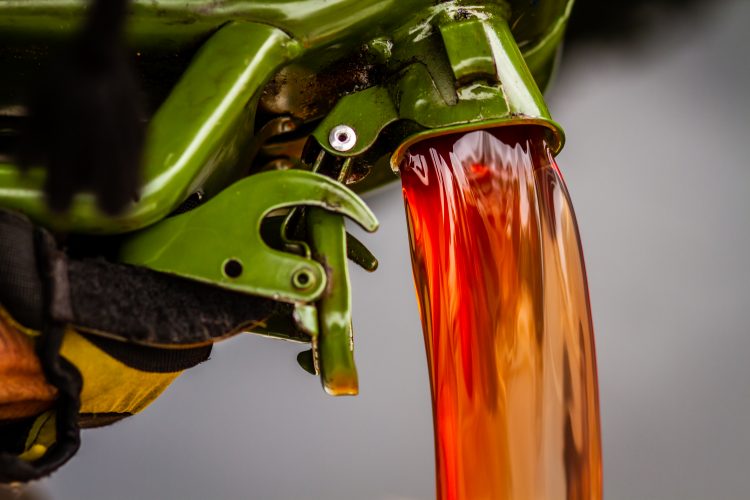Red diesel changes unfair on businesses, says Cold Chain Federation
- Like
- Digg
- Del
- Tumblr
- VKontakte
- Buffer
- Love This
- Odnoklassniki
- Meneame
- Blogger
- Amazon
- Yahoo Mail
- Gmail
- AOL
- Newsvine
- HackerNews
- Evernote
- MySpace
- Mail.ru
- Viadeo
- Line
- Comments
- Yummly
- SMS
- Viber
- Telegram
- Subscribe
- Skype
- Facebook Messenger
- Kakao
- LiveJournal
- Yammer
- Edgar
- Fintel
- Mix
- Instapaper
- Copy Link
Posted: 30 August 2021 | New Food Magazine | No comments yet
A change in the way tax is rebated for red diesel has sparked anger within the food industry, with one body claiming the decision has “undermined confidence.”


The Cold Chain Federation has demanded answers from Business Secretary Kwasi Kwarteng as it claims his department is “breaking its promise” to support food chain businesses facing a fuel tax rise.
The changes to Government red diesel regulations coming into force in April 2022 mean that operators will have to pay more than double to power the tens of thousands of fridges that manufacturers, retailers and consumers rely on to keep food safe and prevent waste across the supply chain. The Cold Chain Federation, which represents businesses which store and distribute chilled and frozen food, claims this change will add £100m in additional cost to the supply chain.
Red diesel is the same fuel many use in cars across the world, except that in the UK there were previously significant tax rebates on the fuel if used for machinery and off-road farming vehicles. The fuel is therefore dyed red in order to alert Her Majesty’s Revenue and Customs should private car drivers attempt to use it.
Yet in what it says is a bid to end the UK’s contribution to global warming by 2050, the UK Government is changing the way red diesel is rebated which could see some businesses paying more for their fuel.
“It’s been more than two years since Government announced this tax hike. At every stage they have promised to give support to industry to help the transition. Now with months to go they are leaving food supply chain operators high and dry,” said Cold Chain Federation Chief Executive Shane Brennan
“This snub could not come at a worse time. Businesses are struggling across the food supply chain, fighting to keep food on the shelves, and coping with the worst economic and social crisis since the 1940s.
“We agree that businesses must transition to cleaner equipment, we believe it is possible. Our challenge is that the alternatives that do exist are still limited in number, relatively untested and prohibitively expensive. We asked for more time to transition but this was rejected. We were told financial support (from the multi-billion funds that Government repeatedly announce) would be made available – and yet after months of silence, all the indications are that there is actually no support.
“This is bad faith, undermining confidence and making a bad situation worse for food businesses.”
Related topics
Equipment, Regulation & Legislation, Supply chain, Trade & Economy









